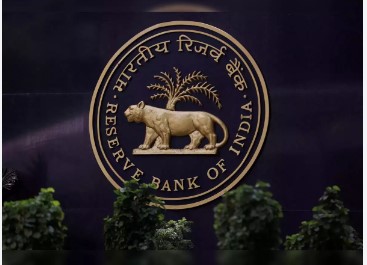Context:
The RBI announces a decrease in the amount of government Treasury bill sales.
Key Highlights
- To address tight liquidity in the banking system, the Reserve Bank of India (RBI) has announced a significant reduction in government treasury bill sales.
- Alongside this, RBI has introduced a fresh set of bonds with an aggregate amount of ₹60,000 crore (face value) for the Centre’s buyback operations.
- This move is aimed at easing cash constraints for banks, which have been exacerbated by limited government spending during the ongoing general elections.
- By decreasing the availability of treasury bills and offering bonds for repurchase at favorable rates, the RBI intends to inject liquidity into the banking system and lower borrowing costs for banks.

What is a Treasury bill?
- Treasury bills, issued by the RBI on behalf of the Government of India (GOI), are short-term financial instruments in the form of promissory notes.
- Their primary purpose is to address the central government’s short-term financial needs.
- For investors, they represent one of the safest and most liquid investment options among government securities.
- Treasury bills are available in four different tenures: 14, 91, 182, and 364 days.
- Investors can potentially earn some profit from a T-bill as it is issued at a discounted price and redeemed at its original, higher value.
About the Government Bond Buyback
- It involves the government using its cash reserves to pay off a portion of its outstanding debt by purchasing bonds before their maturity date.
- It’s a strategic tool used in government securities markets to manage refinancing and liquidity risks.
- It eases some of the pressure on scheduled debt repayment obligations.
- It also has the potential to bring down the government’s interest costs, as a new source of demand typically pushes up bond prices and brings down their yields.
What is Bond?
- A bond is a fixed-income instrument and investment product where individuals lend money to a government or company at a certain interest rate for an amount of time.
- The entity repays individuals with interest in addition to the original face value of the bond.
- Bonds are used by companies, municipalities, states, and sovereign governments to finance projects and operations.

